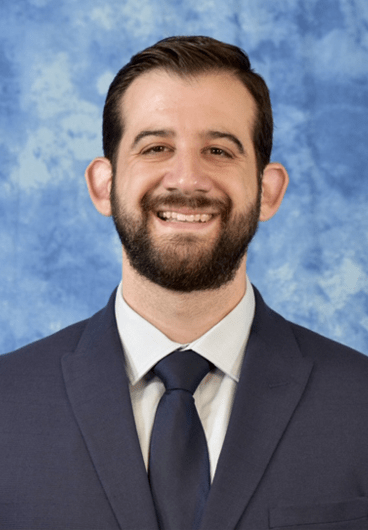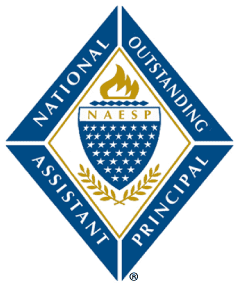
Michael Joannou
Van Raub Elementary School
Fair Oaks Ranch, Texas
michael.joannou@boerneisd.net
Best Practices
1) Assistant Principal as Instructional Leader: Above all else in my role, I am a teacher first. Instruction is my passion. Ensuring all students have access to high-quality educational experiences is what drove me to administration. Being a campus leader gives me the ability and reach to support all teachers on campus to provide a rigorous and engaging curriculum to the students we serve. I consider myself to be an instructional leader, which involves providing support for teachers to improve practice through a variety of methods, such as facilitating PLC meetings to look at student data, asking questions to provoke deep thoughts, and helping others make connections and realizations that may not be clear on the surface during coaching sessions. Also, helping and supporting teachers in identifying their goals and giving them the means to achieve their goals, and celebrating their achievements and process along the way, even if they are not able to see their progress. I routinely perform lesson walkthroughs each week as a means of providing coaching to our teachers on their practice. Often teachers will invite me to their rooms to offer feedback or an opinion on something new they are trying within a lesson.
To be able to support teachers and lead by example, I believe that it is my duty to learn alongside my teachers. When they have professional learning days, rather than use it a time to catch up on administrative work, I am there in the sessions with them. I feel it is important for me to understand what is being asked of our teachers instructionally so I am in a better position to support them and offer guidance. For the last three years, there has been a heavy focus on science-based reading practices across the state. After completing the reading academy, I enrolled in LETRS (Language Essentials for Teachers of Reading and Spelling). This two-year course develops a deep knowledge to be literacy and language experts in the science of reading and teaches the skills needed to master the foundational and fundaments of reading and writing instruction. I am the only administrator in our district who applied for a place in the course as I feel passionately about ensuring I am in the best position to support my teachers in their learning and instruction.
Boerne ISD works closely with the Center for Model Schools (formally the International Center for Leadership in Education), to develop a framework for rigorous, relevant, and engaging lessons. Being part of their instructional rounds as a teacher is what led me to instructional coaching and further developed my passion and skills as an instructional leader. I now can use these skills to support our teachers in their lesson design during planning meetings. Through question and support, I am able to frame their thinking to make small adjustments to their lesson plans that has resulted in a large increase in the level of depth and complexity of thinking and exploration that they take their students to during a lesson. It is important to highlight and celebrate success along the way. As an instructional leader, I have to empower teachers to feel confident enough to step our of their comfort zone to achieve new and exciting heights.
2) Assessment Tools for Assistant Principals: Assessment tools have been an important tool in my development as a leader. My principal has been a great mentor and continually coached me in my leadership development. Initially, we used T-PESS as a framework for identifying strengths and weaknesses. I performed a self-evaluation before meeting with my principal to discuss and compare our ratings. As my mentor, she would ask questions to guide my thinking and help me to identify areas to focus my goals. Beyond T-PESS, we meet almost daily to discuss various campus issues and to debrief on any situations in which I may need additional advice or support. Since my undergraduate program, I routinely complete weekly self-assessments following Rolfe et al.’s reflective model based on three simple questions: What? So what? Now what? This has been a powerful tool to give me time to reflect, analyze, and learn from the week’s events and make any adjustments to my approach moving forward.
This year, I have been fortunate to attend the ND Assistant Principal Leadership Academy. During this time, we were tasked with completing a self-assessment survey using the 21 Leadership Responsibilities, which are modeled after T-PESS, and to then send the survey to people on our campus. I saw this as an opportunity to see how I am perceived as a leader by those I lead. Although I gave everyone the option to fill out the questionnaire anonymously, it was encouraging to see that the majority put their name on the feedback and were open to conversations to aid me in my development. Seeing things through the lens of those I serve was truly powerful in helping me to see strengths I didn’t know I had, and how decisions that are made on campus may be perceived by teachers. I believe that continual assessment and reflection have been a major contributing factor to my development over the last 2.5 years an an assistant principal. I am now fortunate to be in a position where I can share these practices with others as I coach others as a leader on campus.


